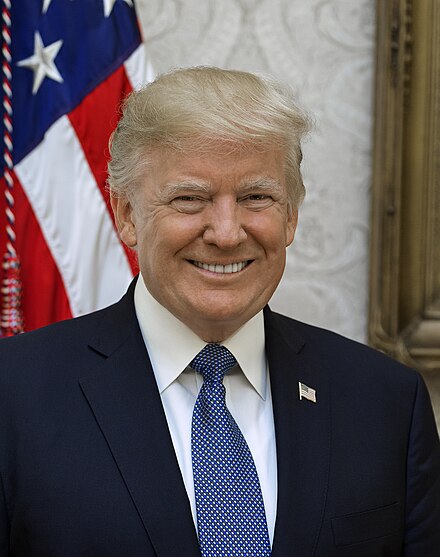Tensions between Donald Trump’s administration and elite academic institutions escalated this week as Harvard University filed a federal lawsuit to challenge a sweeping ban on foreign student enrollment. The decision by the Department of Homeland Security, which revoked the university’s certification to host international students starting in the 2025-2026 academic year, affects over 7,000 students — nearly 30% of Harvard’s student body.
Simultaneously, Trump ramped up trade pressure on the European Union, threatening 50% tariffs on EU imports and a 25% levy on Apple products. The aggressive trade threats have already jolted global markets and rekindled fears of a new wave of protectionist economic policy under a potential second Trump presidency.
In its legal filing, Harvard described the student ban as a “campaign of retribution,” asserting that the government was retaliating against the institution for resisting efforts to reshape its governance, hiring, and curriculum. The suit argues that the policy constitutes a direct violation of Harvard’s First Amendment rights.
Dr. Alan M. Garber, Harvard’s president, called the decision “unlawful and unwarranted,” stating that it places the academic and personal futures of thousands of students at risk. “Without its international students, Harvard is not Harvard,” the complaint states.
On Friday, U.S. District Judge Allison Burroughs issued a temporary restraining order halting the enforcement of the ban. The legal pushback underscores the growing rift between Trump’s federal directives and institutional autonomy in the U.S. education sector.
The announcement came shortly after a previous dispute, in which the Trump administration froze $2.2 billion in Harvard funding, accusing the university of failing to meet certain federal requirements. Critics have labeled these actions as politically motivated and part of a broader pattern of targeting liberal-leaning academic institutions.
Homeland Security Secretary Kristi Noem defended the revocation, citing allegations of antisemitism and claims that Harvard failed to prevent pro-Palestinian encampments and protests. White House spokesperson Abigail Jackson called the lawsuit “frivolous,” asserting that Harvard should focus on “creating a safe campus environment.”
The controversy is set against a broader backdrop of U.S. universities, such as Columbia, also facing funding threats over how they manage campus activism and internal investigations into antisemitism.
As trade wars heat up abroad and legal battles intensify at home, Trump’s policies continue to challenge the core pillars of globalization and institutional independence. The outcome of Harvard’s lawsuit may have far-reaching consequences for academic freedom, immigration policy, and U.S. soft power on the global stage.
Read More: Trump threatens 50% EU tariffs, 25% on apple in trade escalation



